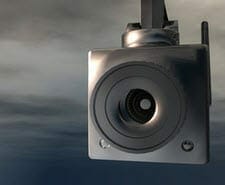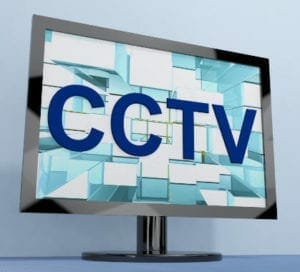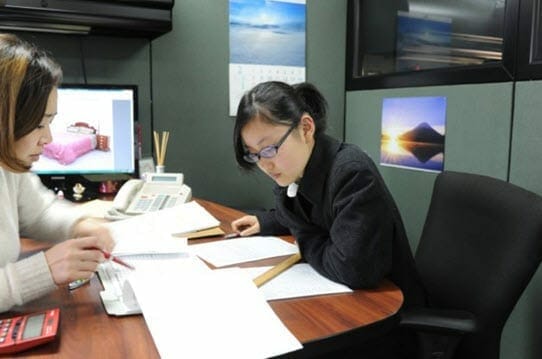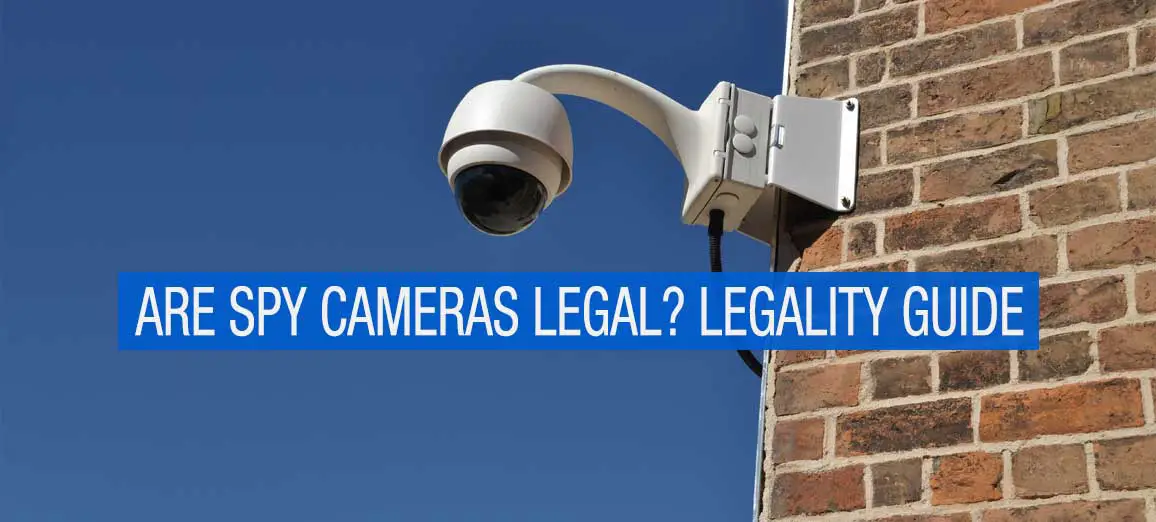Getting Started
 More homes and businesses in the US are using spy cameras and hidden cameras in 2018 than any other year. Despite the common use of technology for spying, most people do not understand the associated regulations. The rules and regulations evolve as spy technology evolves; therefore, it is important to keep yourself updated. We at gadgets spy have prepared this guide to help you understand the legal side.
More homes and businesses in the US are using spy cameras and hidden cameras in 2018 than any other year. Despite the common use of technology for spying, most people do not understand the associated regulations. The rules and regulations evolve as spy technology evolves; therefore, it is important to keep yourself updated. We at gadgets spy have prepared this guide to help you understand the legal side.
There is a fine line between what is legal and illegal when using spy cameras and hidden cameras in the US. The gray areas make it hard for most employers to know when they are crossing the line and invading the privacy of their employees.
In the US, it is generally legal to use spy cameras and hidden cameras in the home and workplace. Federal and state laws regulate the use of these spying devices. Since states are free to make their own laws on the use of spy tech, the laws may differ depending on the state.
The close link between spying technology and privacy makes it easy to violate your employees’ right to privacy. To avoid such violations, research what the federal and state laws say about the use of spy technology.
If you are considering using a hidden camera or a spying camera in your home or workplace, then here are some legal issues you should be aware of.
Is spying really illegal?
The legality of spying is both an ethical and moral issue. While the federal law generally regards spying as legal, there are instances when spying becomes illegal. Placing a hidden camera in a private area or for malicious intent makes the use of hidden cameras illegal.
Since various states have varying regulations on the use of surveillance and recording technology you have to be familiar with these laws in your state. In some areas such as bathrooms, it is illegal to use surveillance cameras as the users of these areas have reasonable expectations for full privacy.
There are two forms of spying tools: audio and video.
Audio surveillance
 The regulations governing the recording of audio information are generally more stringent than those on video surveillance. Audio conversations include both face to face and telephone conversations. Journalists and researchers are familiar with the use of audio recording devices when gathering information.
The regulations governing the recording of audio information are generally more stringent than those on video surveillance. Audio conversations include both face to face and telephone conversations. Journalists and researchers are familiar with the use of audio recording devices when gathering information.
Generally, most state laws require the consent of the subject before using any audio recording device. In this case, the person recording has to place the recording device in full view of the subject.
Using hidden cameras is illegal without the consent of the subject in states such as Pennsylvania, Connecticut, Washington, Florida, Illinois, Maryland, Massachusetts, New Hampshire, California, Montana, Michigan, and Nevada.
All the other states including the District of Colombia allow the use of hidden cameras to record a conversation with the one-party consent or without the knowledge of the subject.
It is, however, illegal to intercept oral communication to commit a crime or use the contents of the conversation in illegal ways such as blackmail.

Video surveillance
Video surveillance is the most common form of spying technology used in many places usually for security reasons. Most video surveillance tools such as CCTVs are placed in clear view. Video surveillance plays an important role in discouraging criminal activity in most areas.
The use of video surveillance is generally legal unless it invades the reasonable right to privacy of the subject. Using video surveillance with malicious intentions is illegal under federal and state statutes.
Spying on employees
Is spying on employees illegal?
The federal and state governments have not established firm laws on the use of hidden cameras in the workplace.
You are undoubtedly familiar with the use of nanny cams to record the activities of caregivers when their employers are away. In the US, it is legal to use nanny cams in your house. However, since audio interception without the consent of the subject is prohibited, most nanny cams have no audio capabilities.

Using spy technology as an employer is beneficial for your business in many ways. You can monitor the behavior of your employees when they are working to determine their productivity, monitor your goods and products to prevent theft, and reduce instances of violent behavior.
It is not a crime to install and use video surveillance in the workplace. However, the intent and location of these cameras may lead to legal issues.
Most state laws do not allow the use of hidden cameras in some locations such as changing rooms, bathrooms and locker rooms where employees are likely to be partially or fully nude. It is also more likely for employees to undress in such areas.
When you are using any form of spying tools in the workplace, then your employees have the right to know that you are using them, although this is not a legal requirement. It is illegal at the federal level and for most states to record a telephone conversation of your employees.
The National Labour Regulations Board has regulations on the use of hidden cameras, which large corporations that employ union workers should adhere to. As an employer, therefore, consult with the trade unions to determine the laws that govern the use of hidden cameras.
Laws about hidden cameras
 Sometimes, you may require using a hidden camera. Before installing the camera, you may wonder about some moral and legal questions:
Sometimes, you may require using a hidden camera. Before installing the camera, you may wonder about some moral and legal questions:
Are hidden cameras illegal? Should I inform the subject about the presence of hidden cameras?
The use of hidden cameras is legal in all 50 states. When in public places, it is legal to record covert videos using hidden cameras. These areas include outdoor parks, restaurants, retail stores, and city streets. Laws about reasonable rights to privacy still apply to the use of hidden cameras in public areas.
However, California, Alabama, Georgia, Arkansas, Delaware, Michigan, Kansas, Utah, New Hampshire, Minnesota, Hawaii, South Dakota, and Maine require the written consent of your employee to have a hidden camera monitoring them. These states do not allow the use of hidden cameras in private places and in areas where the subjects do not expect unauthorized recording.
States such as Michigan consider it an offense to install or use a hidden camera without authorization.
Final word
Do you still have any issues with the installation and use of hidden and spy cameras? Consult an attorney or any legal professional who will help you understand how to use your hidden cameras legally. To find a hidden camera of your own please visit our guide of the top 10 mini cameras here.
More Resources
https://employment.findlaw.com/workplace-privacy/are-hidden-cameras-at-work-legal-.html
https://www.hg.org/legal-articles/are-there-laws-against-spying-in-the-united-states-31791
https://www.theregister.co.uk/2017/10/24/congress_pushes_competing_laws_in_spy_program_battle/

